Our Products
We offer a comprehensive range of high-quality activated carbon solutions derived from sustainable sources such as coconut shells, wood, and Coal. We can customize our products to meet your unique requirements, offering a variety of sizes and pore configurations. Our specialists expertly select our products to guarantee optimal performance and cost-efficiency in environmental, industrial, health, and safety applications.
We offer a comprehensive range of high-quality activated carbon solutions derived from sustainable sources such as coconut shells, wood, and Coal. We can customize our products to meet your unique requirements, offering a variety of sizes and pore configurations. Our specialists expertly select our products to guarantee optimal performance and cost-efficiency in environmental, industrial, health, and safety applications.
Activated carbon Materials
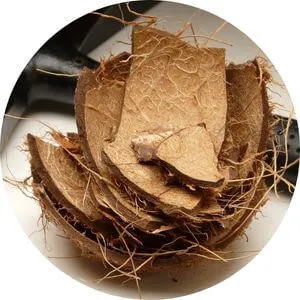
Coconut shell
Made from high-quality coconut shells, coconut shell activated carbon is known for its well-developed micropores, high hardness, low ash content, and eco-friendliness. Coconut Shell carbon is widely used in gas purification, waste gas treatment, industrial and domestic water purification, solvent recovery, desulfurization, food and beverage, gold recovery, and the oil and gas industry.
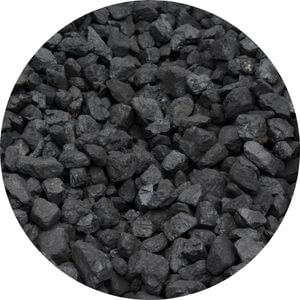
Coal
Coal-based activated carbon, derived from bituminous, sub-bituminous, anthracite, and lignite, features a comprehensive pore structure including micro, meso, and macro pores. This diverse pore size distribution renders it exceptionally suitable for adsorbing a wide range of molecular sizes. Coal is commonly used for odor control in liquid and vapor phases, the food and beverage industry, medical and pharmaceutical, automotive, and water and air purification. It is available in granular, extruded (pelletized), and powdered forms.
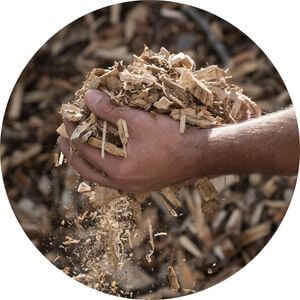
Wood
Wood-based activated carbon is manufactured from select wood and sawdust, which undergoes chemical activation using phosphoric acid. This carbon type predominantly features meso and macro pores, making it particularly effective for decolorizing liquids in the food and beverage industry and water treatment. Wood-based carbon is available in extruded (pelletized) and powdered forms to meet diverse application needs.
Granular Activated Carbon (GAC)
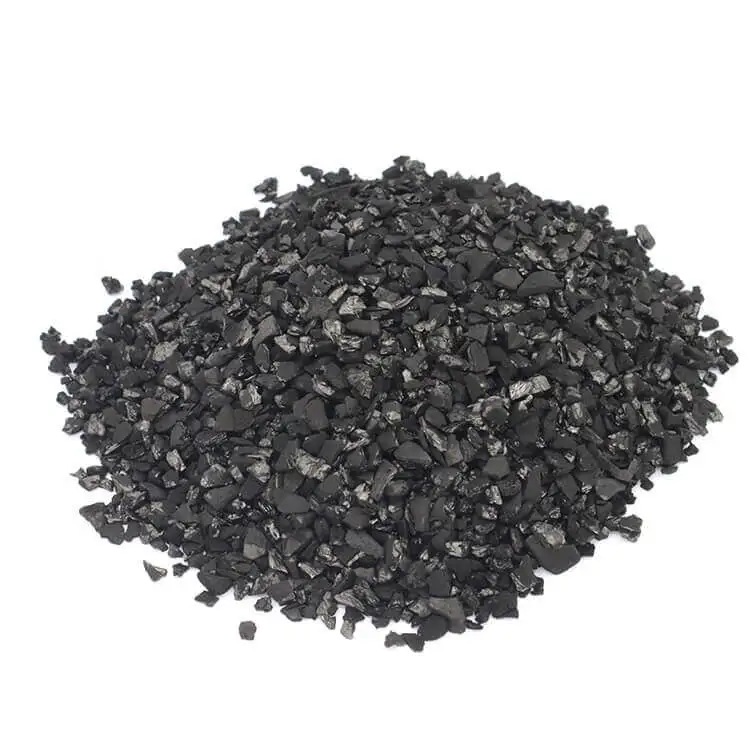
Granular activated carbon is a porous adsorbent made from carbonaceous raw materials through carbonization, activation, and screening. Various types of granular activated carbon exist depending on their appearance, raw materials, manufacturing methods, and applications.
Materials | Coconut shell and Coal |
Standard mesh size | 4x8, 4x10, 6x12, 8x16, 8x20, 8x30, 12x30, 12x40, 20x50, 30x60, 40x80, 50x200 |
Applications | Municipal water treatment, Wastewater treatment, groundwater remediation, and Drinking water purification VOC removal, personal protection equipment residential point of use/entry systems, food and beverage, gold recovery |
Iodine Number, mg/g | 300 - 1000 (coal base) |
CTC, % | 40-120 (coconut shell) |
Purity | Regular, Water or Acid washed |
Pelletized Activated Carbon
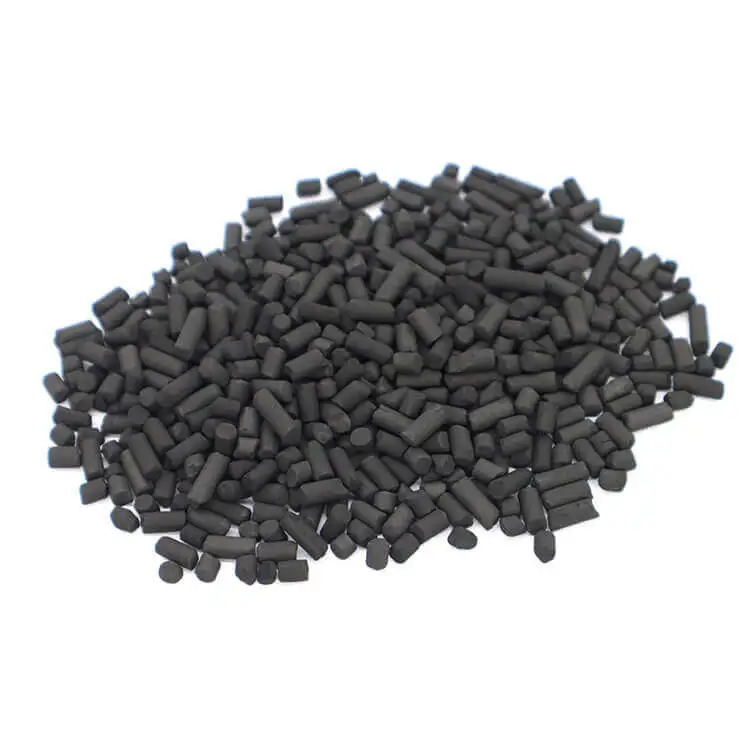
Pelletized Activated Carbon is made from Coal, wood, and coconut shells, processed through high-temperature steam activation, and bound with selected binders. It has low ash content, large surface area, high hardness, ample pore volume, and chemical stability, making it ideal for various vapor phase applications. The cylindrical shape of the pellets also makes it especially effective in minimizing pressure drops, offering an advantage over granular activated carbon.
Materials | Coconut shell, Coal and Wood |
Pellet Diameter,mm | 2 , 3 , 4 (Typical) |
Applications | Solvent Recovery, Pressure swing adsorption (PSA), H2S Removal, Catalyst Carrier, Sewage Treatment Odor control, VOC removal |
CTC, % | 40 - 90 |
Butane Working Capacity | 6 - 15 |
Powdered Activated Carbon (PAC)
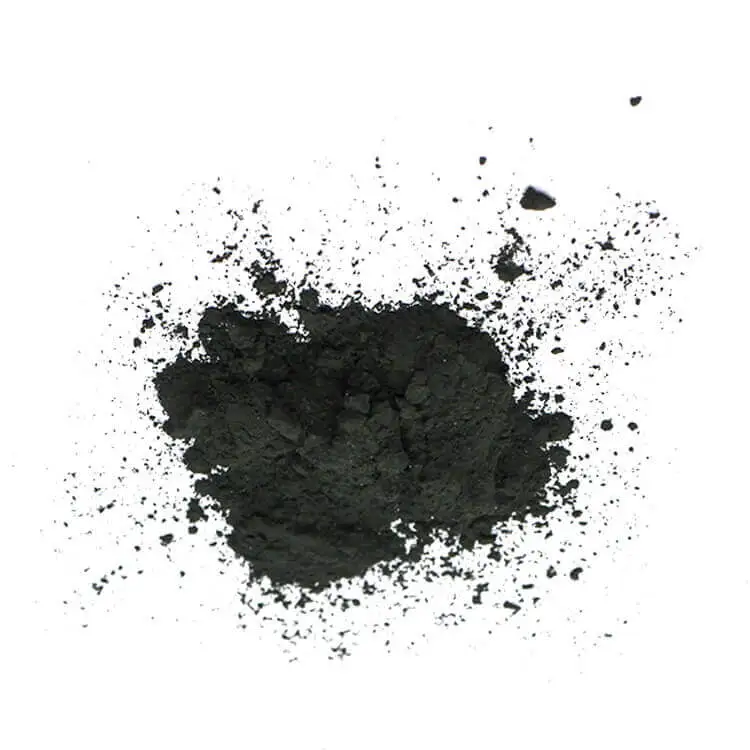
Powdered Activated Carbon (PAC) is a finely processed form of activated carbon with particles small enough to pass through an 80-mesh sieve (0.177 mm), providing a large surface area for adsorption. PAC is typically produced from Coal, coconut shells, and wood. PAC has a surface area ranging from 500 to 1500 m²/g, which allows it to effectively adsorb various organic molecules and other substances from liquids and gasses. PAC’s extensive adsorptive properties make it a versatile solution for many applications.
Materials | Coconut shell, Coal, Wood |
Mesh size | 40X80, 50X200, 80X325, 325 |
Application | municipal water treatment, wastewater, and groundwater, residential point-of-use/entry systems, industrial processes, food & beverage, pharmaceutical |
Iodine number mg/g | 500 - 2,500 |
Purity | Regular, Water or Acid washed |
Impregnated Activated Carbons
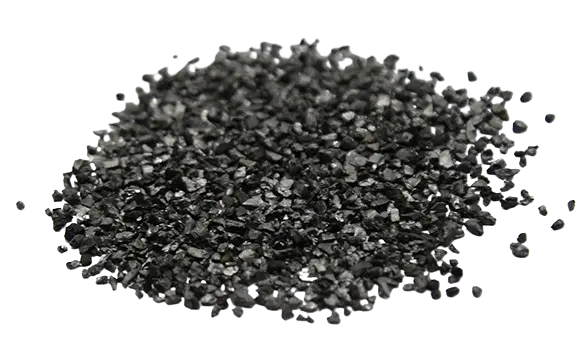
Impregnated and surfaced modified carbon is a specialized form of activated carbon treated to adsorb specific molecules or a group of molecules instead of broad-spectrum activated carbon targeting a wide range of substances. This customization allows for targeted removal of specific contaminants from air or liquids. The production of impregnated activated carbon involves varying the raw materials, quality, shapes, and sizes to tailor it to particular applications, optimizing its efficiency, lifespan, and pressure drop characteristics. Depending on the application, impregnated activated carbon works through chemical adsorption or catalytic mechanisms, and sometimes, both are important for its effectiveness.
Base materials | Coconut shell, Coal |
Type | Granular or pelletized |
Impregnant | NaOH, KOH, S, KI, K2CO3, CuO, Ag, H3PO4, H2SO4 |
Application | H2S, Ammonia removal, acid gas treatment, mercury removal, water purification, personal protection equipment, air filtration systems |

